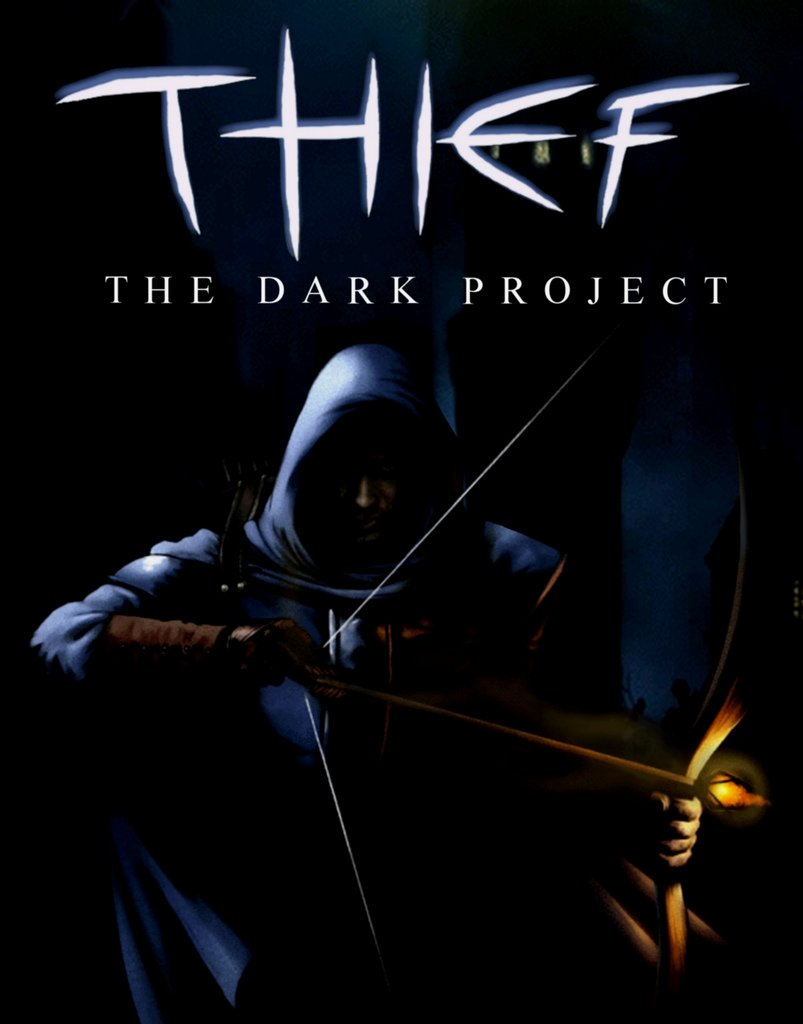If you are privileged to have access to a "few colleagues" or be one of those colleagues, then the status quo works well for you. #PrePrint articles make this more seamless, & more equitable/
Why does this matter for #PrePrints?
It's the rigorous error checking, re-running of experiments, and building on the work of others (shoulders of giants etc.).
This is made faster, and more equitable, by the #PrePrint culture.





